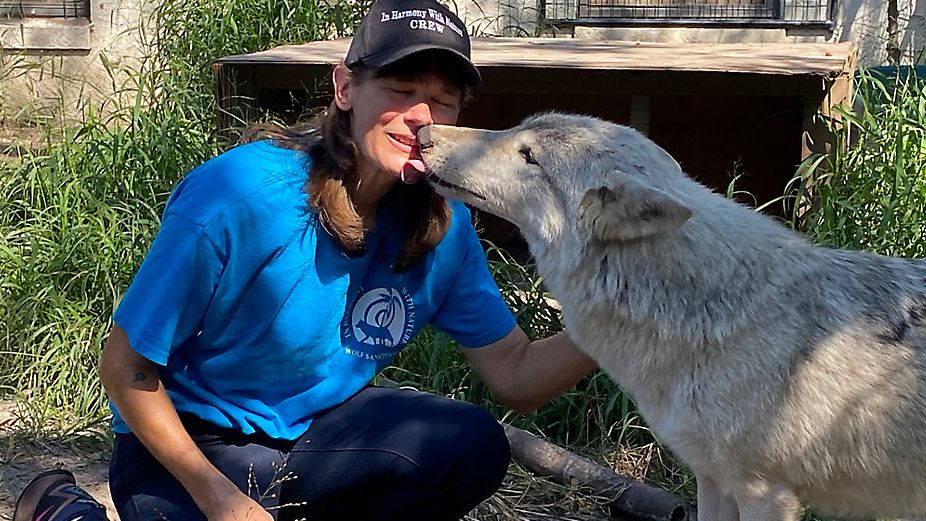LARGO, Fla. — Several hundred new documents and audio recordings related to the Jordan Belliveau case were released Wednesday afternoon.
RELATED:
- Charisse Stinson gets no bond on 1st degree murder charge
- Child advocacy group argued against return of Jordan Belliveau to mother
- New documents reveal hardships in Jordan Belliveau's short life
- Foster parents of Jordan Belliveau: Jordan "failed by the system"
- VIEW DOCUMENTS: Link to documents released Wednesday
The documents describe what court-appointed advocates thought about baby Jordan living with his mom.
Belliveau, 2, was found dead in a wooded area of Largo Sept. 4. His mother, 21-year-old Charisse Stinson, is now accused of killing him. Belliveau was the subject of an Amber Alert for several days.
During that time, Stinson told investigators that she and her son were walking from their home on the evening of Sept. 1, when she accepted a ride from a stranger. She claimed that the man, named Antwan, attacked her and beat her unconscious. When she woke up in Largo Central Park, Jordan was gone, she said.
Stinson remains in jail without bond on murder charges.
Agencies address questions
Eckerd Connects, the agency contracted to oversee child welfare in Pinellas County, released 1,200 pages of documents involving the care, treatment and living conditions Jordan experienced.
"You're seeing what we did," said Dr. Chris Card, chief of community based care for Eckerd Connects. "We did everything that we — well, maybe not everything — that we were supposed to do, but the system provided the services, the wrap-around services in this home."
There are documents, however, that show more could have been done:
A letter dated August 24 detailing Jordan's Guardian ad Litem being unable to reach Stinson. The letter goes on to describe a domestic dispute between Jordan's parents on July 14.
"Why are the parents still being allowed to exchange the child after having another [domestic violence] incident?" the letter asks.
On the Friday before Jordan was killed, the family's case manager visited the home and told the parents that certain issues, like not having a working phone, needed to be fixed or Jordan would be removed.
April Lott, CEO for Directions for Living, another agency involved in Jordan's case, asserted Wednesday that action was taken.
"'Taking action' was talking to the mother about the things that Ms. Stinson was identifying as her concerns and developing a plan to address each of those concerns," Lott explained.
But many wonder why Jordan wasn't removed after so many issues, as well as the parents not completing counseling and an arrest following another domestic violence incident.
"Everything that I have reviewed could not have predicted that this mother would ahve murdered her child," Lott said.
Living conditions 'hazardous'
Jordan was initially taken from his parents when he was an infant.
The order, dated Nov. 4, 2016, called on the Pinellas County Sheriff's Office to take then baby Jordan into its custody using whatever force may be necessary.
The order went on to explain that: "The parents Charisse Stinson and Jordan Belliveau, Sr., are violent, impulsive, or acting dangerously in ways that seriously harm the child or will seriously harm the child."
The order goes went on to say the parents "are not meeting the child's basic and essential needs for food, clothing and supervision and the child has been seriously harmed or will likely be seriously harmed."
His living conditions were described as "hazardous" and that those living conditions "seriously endanger the child's physical health."
During Wednesday's press conference, officials from Directions for Living and Eckerd Connects reiterated over and over again that Jordan was returned to his parents because they had created a new home, and the "hazardous" environment was no longer an issue.
Audio recordings of custody hearings
Newly released audio recordings from custody hearings reveal what went on inside of a courtroom when a judge decided to return Jordan Belliveau to his mother.
Charisse Stinson can also be heard in the recordings asking a magistrate in February why it was taking so long to regain custody of her son.
“So how long would this take? Because like, we’re like ready. Like I... you know, like seriously, I’m going to cry. It’s like we picked out a daycare. Like we’ve done everything,” Stinson said.
During that hearing a judge told Stinson that since Jordan’s father was still living with her, and he hadn’t completed the requirements to regain custody, Jordan would remain in foster care. Stinson told the judge Jordan’s father was prepared to move out of their apartment they shared if it meant regaining custody of Jordan.
The audio recordings date back to January. At times during the hearings Jordan’s foster parents can be heard. In several of the recordings the magistrate can be heard asking about the status of Stinson and Jordan’s father, meeting all of the criteria to be unified with Jordan.
General Magistrate Jennifer Paullin asks if Stinson was cooperative and if she had housing and income. At that time she was compliant.
Two-year-old Jordan can be heard in the background of one of the recordings once Stinson regained custody of him.
Jordan was removed from the home after reports of violence, gangs, and drugs at the home where the parents were living.
General Magistrate Paullin said in the end, Stinson did everything she was supposed to do to get her son back.
“Unless there is department or guardian ad litem is going to argue that there is a specific safety concern that would harm this child by reunifying, I agree with the mother’s attorney. Mom is substantially compliant,” Paullin said.
In those recordings the magistrate said she was pleased that both Stinson and Jordan’s father completed what they were supposed to do. She told them to keep up the good work and told them to work on their issues so they could secure a future for their son.
That was three months before his death.
The final recording was June 11, 2018. That’s when Jordan was reunified with his father. That was the last time the courts say they dealt with that family.
Reporter Saundra Weathers contributed to this report.









